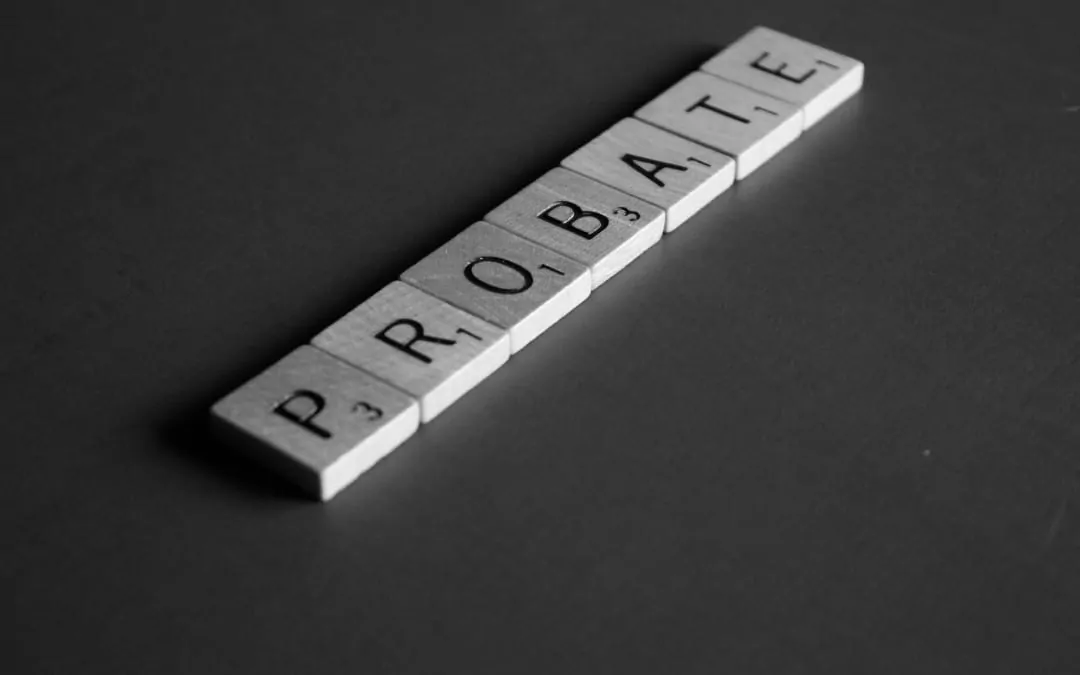Many people are trying to avoid probate when dealing with the estate of a recently lost loved one. One tool we use to avoid probate is a document called a small estate affidavit. In Illinois, under the Probate Act of 1975 755 ILCS 5/. An individual can present this affidavit, to an asset holder, which is attesting to the assets in the estate, the beneficiaries of the estate, and the debts of the estate. This document will serve as a guarantee to asset holders of the situation and attempts to shift liability arising from asset transfers from the asset holder to the affiant. This shift in liability allows the asset holder to comfortably transfer the asset to the affiant, secure in the knowledge that a court will endorse the action if litigation should arise out of the transfer.
Limitations of a Small Estate Affidavit
In order to use a small estate affidavit, certain parameters must be met first. Since the oversight of a regulating body is not present, there are limitations on whom can use one. The following is a list of limitations that the Small Estate Affidavit must act under.
- The total value of the estate must be under $100,000.00 including personal property
- The descendant (person who passed away) must not have owned any real property (land or house for example)
- No letters of office from a probate court has been issued
- If there is a Last Will and Testament, it must have been filed within thirty days of death
- There is no known contests to heirship (who is entitled to receive assets)
- If there are any debts outstanding to the estate, they will be paid first out of the proceeds
How Do I Begin, and How Do I Receive the Assets?
There are a few things you will want to gather before coming into the office to have a small estate affidavit drafted. First, you should have an original of the death certificate. Second, you should have a copy of a Last Will and Testament, or the original if within the first 30 days after death. Third, you should have some basic information about the descendant’s family members including their name, relationship to the decedent, and address. Finally, you should have any information about debts the decedent many have.
Once you have gathered the above documentation, call the office to schedule a consultation to confirm that the Small Estate Affidavit is right for you. Once you have your validly executed Small Estate Affidavit, you can present it, plus a copy to the bank or other financial institution who is holding the assets. They will have a reasonable time to determine the validity of the document and then present the assets to you. If they fail to comply with the Small Estate Affidavit, you can sue them to force compliance with the document and request attorneys fees for non-compliance. The small estate affidavit is a wonderful tool in avoiding a lengthy and expensive probate in the court system, if you meet the parameters.




